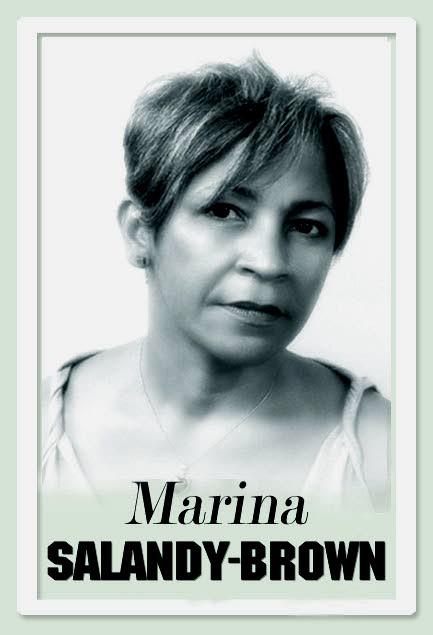On stopping the Carnival

The cancellation of Carnival in 2021 was not unexpected. There simply was no option. Covid19 is raging and we have no idea how it will mutate or behave over the next few months or even the next year.
So exactly what do we do now that the decision has been made? Having to think differently about the Carnival: what is it for, who is it for, can it exist in any other form and still serve its stakeholders?
These are the sorts of serious questions that need to be posed and answered properly in order to get the best out of the many possibilities presented by its cancellation.
Pretending that it will just be a matter of moving the two-day event online is an error, because the usual Carnival Monday and Tuesday have been declared working days, which means Carnival has to be a weekend affair, which uncouples it from the eve of Lent, further diminishing its already very vague connection to a pre-40-day religious lockdown.
Carnival is not a two-day event, if it ever was: it is a season and its street elements exceed two days by at least two weeks, counting in the pre-Carnival calypso and steelpan events. How do we shoehorn it into a weekend and who are the winners and losers?
I heard one of the recent virtual festival advocates suggesting that a Trini virtual Carnival could blow the Notting Hill version out of the water.
I am not so sure. We run the real risk of severely underestimating the vast amount of work that needs to go in now, up front, and the wide range of new partners in such a venture. For a start, the virtual production has to be a theatrical, broadcast one with remote live elements and pre-recorded film elements that bring into play a wide range of skills that have nothing to do with masmaking. It requires precision timing and last-iota planning.
In our traditional Carnival, designers’ efforts go into making mas and their organisations work on the logistics of letting the masqueraders loose on the streets where at certain points a comfortably seated TV crew lets the camera capture what passes in front.
The virtual Carnival turns that all on its head.
In London’s Notting Hill carnival, celebrated over a three-day weekend event, the organisers had pre-recorded live sets from musicians, conducted interviews with mas groups and sound-system operators, and created guides for people to recreate Caribbean food in their own homes. People were able to register online in advance for the livestream of different sorts of events on different days, available across four channels, each with a special focus, and on the Notting Hill carnival website.
The culture channel featured on the first day steelband performances, pre-recorded at the famous Royal Albert Hall and Theatre Royal Haymarket, by Ebony Steelband, Endurance Steelband, Mangrove Steelband and others, and also interviews and chats with individuals involved in carnival since its early days.
There was also an app where viewers could vote for their favourite performers in the calypso and groovy soca monarch competition.
The second channel on Sunday was dedicated to the costumes, but without the usual parade of bands; instead there were performances from mas bands, steelbands and Brazilian bands that are now popular at the London carnival. It also included the kiddies carnival element. Channel Three was for the sound systems, with well-known DJs as hosts.
The Sunday main stage was the forum for international musicians with UK DJs taking over those slots the next evening.
Over the entire weekend, Spotify dedicated its music streaming platform to carnival-inspired sounds, with playlist takeovers from key ambassadors, over 40 of the official sound systems and on-the-road DJs, and to podcasts exploring the history of the event, with music to match the visuals and an exclusive portrait and film gallery by a renowned photographer.
The Notting Hill carnival organisers admitted later that it was much harder to pull off than the usual carnival, with its one millon participants.
Having recently concluded a three-day virtual literary festival which has none of the endless moving parts of a carnival, I can vouch for the size of the challenge. London’s virtual carnival experiment was only a partial success. It lacked the fizz of the people.
Last Sunday, the Bocas Lit Fest televised the First Citizens National Poetry Slam by pre-recording the poets without the usual 1,200 people shouting for their favourite poets, clapping and howling at the clever words and bold insights. Through judicious film editing we brought some drama to the final televised event, but it is not a patch on a live event.
Would we do it again like that? Without a doubt, because the intention is to keep the craft alive.
Spoken-word poets have few opportunities to perform, and although the performance lends itself well to the single gaze, they are performances that benefit from the human vibration. The troubadour needs his listener in his sights.
We must interrogate what we would gain from a virtual Carnival and its importance.


Comments
"On stopping the Carnival"